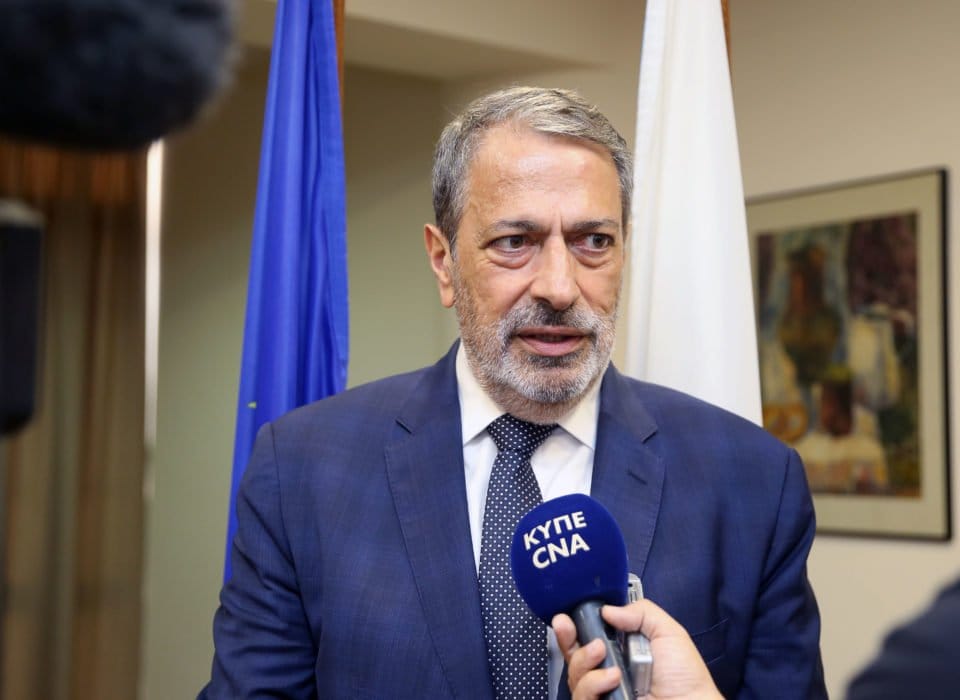Clarifying the Scope of Online Behavior Legislation
In a recent discussion with members of the House legal affairs committee, Attorney-General George Savvides sought to clarify misconceptions surrounding a controversial bill that has been in legislative limbo since 2020. The bill, which aims to criminalize certain forms of online behavior, has sparked concerns over potential infringement on free speech rights.
Savvides emphasized that the bill’s intent is not to suppress freedom of expression but to address “threats and obvious fake news.” He reiterated his “full respect for freedom of speech and freedom of expression,” while explaining that the proposed legislation is “very narrow in scope.”
The bill specifically targets “threatening behavior” and other actions deemed reprehensible that, if conducted offline, would be considered illegal. Savvides pointed out the necessity for a legal framework that distinguishes between permissible critique and abusive conduct online.
Addressing concerns about the bill’s impact on journalistic practices, Savvides noted that professional journalists are unlikely to engage in the abusive behavior or intentional dissemination of fake news that the bill seeks to regulate. He assured that the legislation includes provisions for defense in cases where there is an argument made in good faith.
Furthermore, Savvides clarified the prosecutorial process under the new law, stating that any prosecution would require the agreement of the Attorney-General. This provision is designed to prevent individuals from pursuing private cases simply because they are upset by criticism.
The bill’s journey through the legislative process has been marked by debate and revisions, reflecting the delicate balance lawmakers are attempting to strike between protecting citizens from online harm and upholding the cherished principle of free expression.






